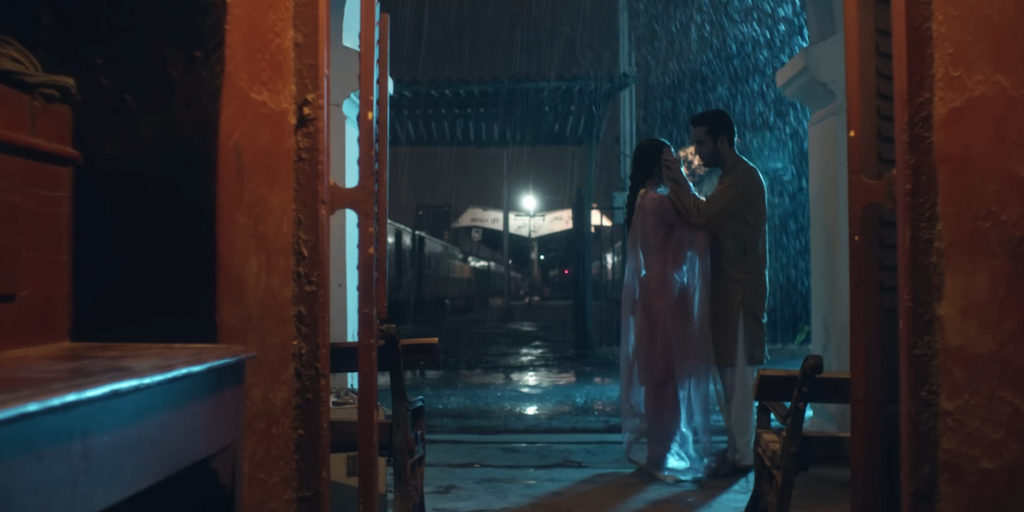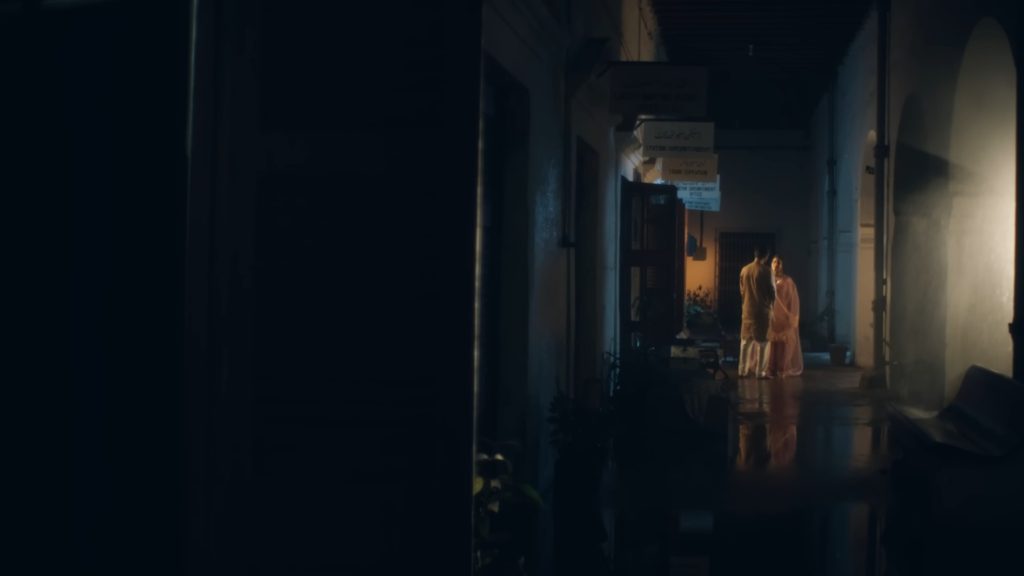
Train stations occupy a special place in South Asia’s imagination. On dark nights, we whisper to each other scary stories of ghost brides waiting at the platform for their long-dead husbands to return. Movie scenes romanticize the comings and goings of stations: lovers painfully bid each other goodbye, loved ones rejoice as their eyes meet amongst the throngs of a platform after a long separation. Then we have the age-old troupe of strangers crossing paths in a shared train cabin, a meeting that changes their lives forever in a narrative device that is nearly as old as the first railways built by the British Raj. Stations are places of epiphanies and inspiration, where destinies are changed forever.
In India and Pakistan, stations hold a more sinister significance. Stories are passed down through generations, of trains that would arrive from across the border. Filled with dead bodies, every man, woman, and child onboard brutally murdered by mobs from the enemy. A gory image that has become a symbol for the senseless violence of the Partition.
See Prime’s latest YouTube release Junction builds its narrative on this memory. Directed by Mohsin Talat, the short film stars Ushna Shah and Affan Waheed. The actors play two long lost lovers, crossing paths on a rainy night in a train junction’s waiting area. Though they never move from that spot, the film manages to weave between the past and present, telling viewers a story that spans the protagonists’ entire lives.

While the characters never move from this past, Junction tells the story of their entire lives.
The story opens on Affan Waheed’s character. Thunder roars while water pours down from the sky. A station manager approaches and informs him that the train has been delayed. He sits on a bench and begins to read as he waits. Ushna Shah’s character approaches the waiting area, suitcase in hand. As she sees him, recognition dawns on her face. Glancing up from his book, he is startled by her presence and asks, “You?”
In the conversation that follows, we are taken back to the two character’s childhoods, a happy time spent in the family’s haveli (mansion). We also see the impact of Partition on the two lovers. Their family is torn apart, some gone to Pakistan, some left behind in India to grieve the past, while their wealth is lost. In the process, promises are broken, hearts are broken, and these lovers are forever torn apart.
As the conversation progresses, we get the sense that everything is not as it seems. Something is amiss. In the end, we realize why. The film sets up for its final reveal very well, giving us just enough hints to anticipate it without giving it away.

Audiences can feel the female protagonist’s pain through Ushna Shah’s performance.
Both Ushna and Affan have done a commendable job with their respective characters. Affan manages to communicate the unease and guilt of his character. Ushna wins our hearts with the emotions she is able to portray, one minute laughing at old memories, the next crying for what’s lost. By the end, we are able to feel her pain and the grief of a life lived in longing.
Junction reminds us that the millions killed and displaced were so much more than statistics. They were human beings, each with their own stories, each having lost so much of what makes life worth living. The fact that so much emotion and story is conveyed in the span of a 15-minute conversation is a credit to the writer Radain Shah and director of the film.
As 14th August approaches and we prepare to celebrate our country’s independence, it would be remiss to not remember the sacrifices that were made. Junction is a film that manages to do so compellingly, seeing the collective grief of our histories and giving it expression in a simple story of two lovers.

Affan Waheed brilliantly comunicates the guilt carried by his character.
You can watch the short film here:



